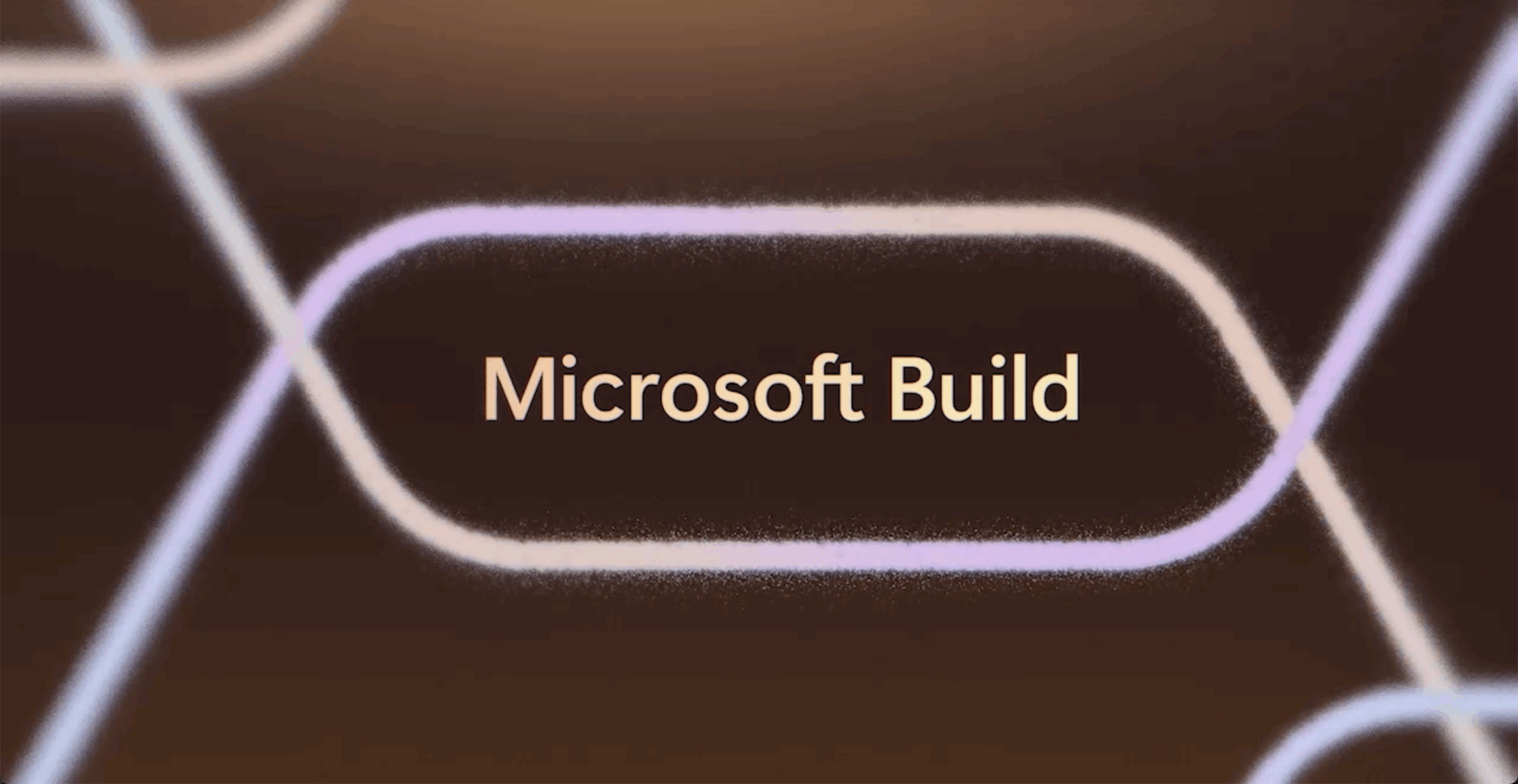Microsoft Build 2025 showcases new AI agent tools and open interfaces for developers

Microsoft used its Build 2025 event to showcase a range of new tools for AI agents, open interfaces, and developer workflows. The focus this year is on new research platforms, multi-agent systems for enterprises, an open language interface for websites, and support for integrating external AI models.
Discovery is a new platform that brings together AI agents and a graph-based knowledge system. The aim is to speed up research processes like hypothesis generation, simulation, and analysis. Discovery runs on Azure and is designed to connect different tools, models, and data sources in one place.
According to Microsoft, these agents can map out relationships and contradictions in scientific data and provide sources for their findings. Researchers can create their own specialized agents for tasks like simulations or literature reviews, and customize them to fit their workflows. Everything is controlled by natural language—no programming required. Microsoft says the platform has already been used to help develop a new PFAS-free coolant for data centers, with pilot projects underway in industries like pharmaceuticals, cosmetics, and semiconductor design.
Copilot Studio adds new automation features
Microsoft also unveiled a new multi-agent capability for Copilot Studio, allowing multiple agents to hand off tasks and collaborate on complex business processes. For example, agents could automatically analyze sales data, draft proposals, and schedule follow-up appointments. Microsoft is supporting a Google-proposed agent-to-agent protocol that could eventually make cross-platform agent communication possible.
A new "Computer Use" feature lets agents interact directly with desktop app or website interfaces—even when no API exists. Instead of relying on mouse coordinates, agents follow task descriptions to control the UI. Companies can connect their own AI models from Azure AI Foundry and run Python code for analysis. There's also upcoming support for deploying agents on WhatsApp.
AI Foundry and MCP: Open AI platform and protocol
Microsoft is taking a dual approach to AI model development and deployment with Windows AI Foundry and Azure AI Foundry. Windows AI Foundry targets developers who want to run AI models locally on Windows devices (and, in some cases, on macOS). The platform automatically detects the available hardware (CPU, GPU, NPU) and suggests compatible models for on-device use. The goal is to build an ecosystem for on-device AI apps on Windows and make development easier, with both data and models staying on the user's device.
Azure AI Foundry, on the other hand, is Microsoft's cloud-based platform for hosting, training, and deploying AI models and agents. Companies can centralize their own or external models—such as DeepSeek R1 or, now, Grok 3 from xAI—and use them for research, production systems, or services like Copilot Studio and Discovery.
The two platforms are connected: developers can build and test models locally with Windows AI Foundry, then deploy them to the cloud through Azure AI Foundry for larger-scale applications or integration with other services. In theory, this creates a flexible bridge between local and cloud-based AI workflows—though how seamless this will be in practice remains to be seen.
The Model Context Protocol (MCP) is being positioned as an open standard to simplify data exchange between agents, apps, and services. Originally developed by Anthropic, MCP aims to be for AI components what USB-C is for hardware. On Windows, an MCP registry will serve as the central hub for interfaces. Microsoft notes familiar security risks like token theft and prompt injection, and says dedicated protections are planned. The preview is currently limited to select developers.
AI agents for software development and external model integration
Microsoft also wants AI agents to take on new tasks in software development. The GitHub Copilot AI agent can, according to Microsoft, independently handle bug fixes, feature development, and documentation updates, while documenting its steps and submitting results for review. This is similar to OpenAI's recently announced Codex agents.
Developers can give feedback that the agent automatically incorporates, with Copilot taking into account context from discussions and repository rules. Microsoft also announced plans to make Copilot for Visual Studio Code available as open source.
NLWeb: Natural language interface for websites
Microsoft also introduced NLWeb, an open-source project that adds a natural language interface to websites. Site owners can use any AI model they want and include their own data. NLWeb works with structured data sources like Schema.org, RSS, or JSONL, making this information accessible in natural language to both users and AI agents.
Each NLWeb instance can act as an MCP server, opening up website content—if desired—to other agents in the MCP ecosystem. Microsoft sees NLWeb as a potential standard for the emerging agent-powered web, much like HTML is for the traditional web.
AI News Without the Hype – Curated by Humans
As a THE DECODER subscriber, you get ad-free reading, our weekly AI newsletter, the exclusive "AI Radar" Frontier Report 6× per year, access to comments, and our complete archive.
Subscribe nowAI news without the hype
Curated by humans.
- Over 20 percent launch discount.
- Read without distractions – no Google ads.
- Access to comments and community discussions.
- Weekly AI newsletter.
- 6 times a year: “AI Radar” – deep dives on key AI topics.
- Up to 25 % off on KI Pro online events.
- Access to our full ten-year archive.
- Get the latest AI news from The Decoder.